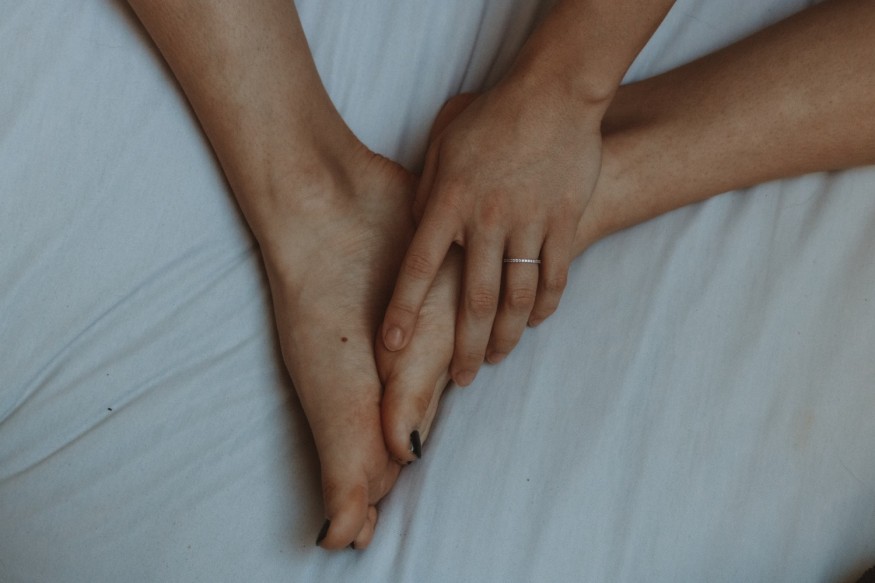It's terrible enough that you've been infected with Covid. However, some of the individuals have lesions on their toes and fingers. These lesions are mild for some people, but unpleasant and irritating for others. Covid toe is the common name for this condition.
Scientists have recently put additional insight on this Covid infection-related adverse effect. They've figured out why such a thing happens. They discovered that it has to do with our body's immune system.
Lesions: Reaction of the Body as Resistance to Covid

Our bodies go into attack mode to combat the Covid infection, which causes these lesions. These lesions are caused by two components of our immune system.
One of these is type 1 interferon, an antiviral protein. The other causal agent is an antibody that, in addition to fighting the Covid infection, targets a person's own cells and tissues.
According to the researchers at the University of Paris, cells lining the inside of small blood vessels, capillaries, in the afflicted areas are also implicated.
They discovered that the red/purple appearance of Covid-toe could be explained by vascular damage caused by the virus.
Covid-toe, like chilblain lesions in patients who have been in the cold for too long or have poor circulation, fades on its own, according to UK podiatrist Dr Ivan Bristow. However, in some situations, additional medications, such as creams, may be required. Covid-toe may be on the decline, according to Dr Veronique Bataille, a consultant dermatologist and spokesman for the British Skin Foundation, as more individuals are getting vaccinated.
People who have Covid toe may notice that the skin on their toes becomes red or purple. It's possible that this will turn into painful bumps.
Anyone can get a covid toe at any age, although it is most prevalent in children and teens. It may be harmless for some, but for others, the rash can be highly painful and itchy, with sensitive blisters and swelling.
This study was carried out by University of Paris researchers. They looked at 50 patients who were suspected of having Covid toe for this study. In the spring of 2020, the patients were evaluated. Thirteen more individuals with comparable chilblains lesions were evaluated, but none of them had Covid infections.
COVID Survivors Shows Psychiatric Illnesses as per Diagnosis
In a survey of more than 230,000 primarily American patients, one in every three COVID-19 survivors was diagnosed with a brain or psychiatric illness within six months, suggesting the pandemic might cause a wave of mental and neurological disorders. The researchers said it was unclear how the virus was connected to psychiatric illnesses including anxiety and depression, but that these were the most prevalent diagnosis among the 14 disorders they looked at.
According to the researchers, post-COVID instances of stroke, dementia, and other neurological diseases were less common but remained substantial, especially among individuals with severe COVID-19.
Evidence of greater risks of brain and mental health issues among COVID-19 survivors is alarming health professionals. Last year, the same researchers discovered that 20% of COVID-19 survivors were diagnosed with a mental illness within three months, according to a prior study.
The latest research, which was published in the Lancet Psychiatry journal, looked at the health records of 236,379 COVID-19 patients, the majority of whom were from the United States, and discovered that 34% had been diagnosed with neurological or mental disorders within six months.
The most frequent symptoms were anxiety (17%) and mood problems (14%), which did not appear to be related to the severity of the COVID-19 infection.
However, 7 percent of individuals hospitalized to critical care with severe COVID-19 had a stroke within six months, and nearly 2% of those admitted to intensive care with severe COVID-19 were diagnosed with dementia.
© 2025 NatureWorldNews.com All rights reserved. Do not reproduce without permission.





